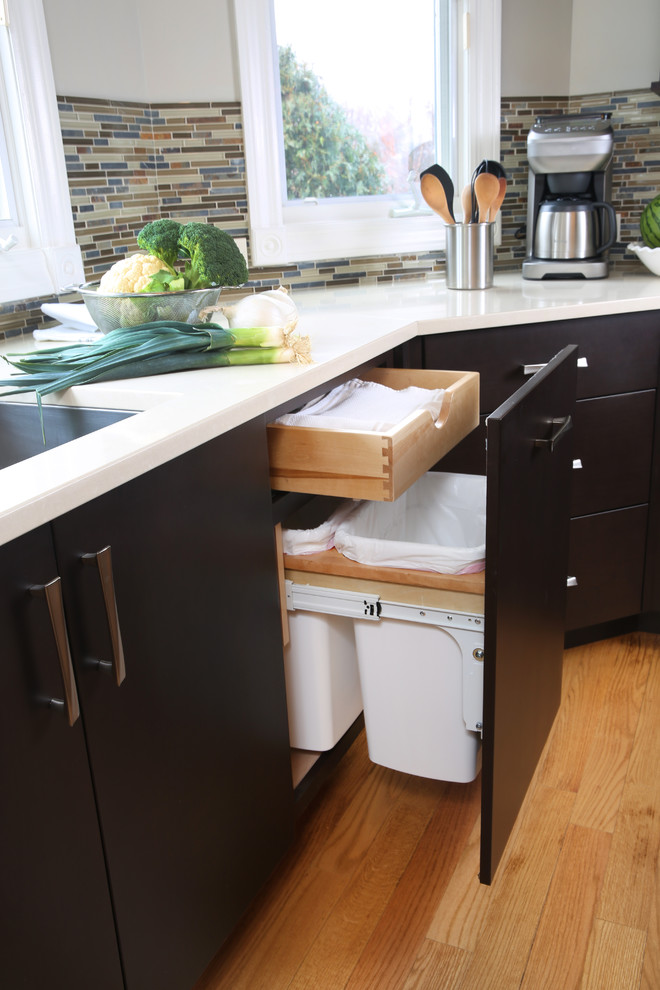

Some studies focus on digitization of solid waste bin maps while trying to minimize the route length of the collecting vehicles. Intelligent techniques integrated to the prevailing system could be one of the solutions to make this collection more efficient. However, most policies are strictly based on traditional waste collection methods with fixed schedules. The existing solutions and policies for plastic-waste management differ per country. In this context, an efficient collection of plastic waste is being perceived as a fundamental public service. Furthermore, many manufacturers and producers have started changing their entire production industry to help in their own ways to reduce plastics. With the United Nations announcing plastic pollution as a global crisis, many countries have banned single-use plastics and started to urge people to help minimize their plastic usage. The results show that our proposal enables waste-pickers to collect more than the 80% of the household plastic-waste bins before they are completely full.Įxposure to plastic waste has been evidently increasing globally with almost every industry, corporation and community relying on plastics as they have become a commodity to the citizens. A set of 176 experiments have been performed to collect data that allow representing different user behaviors when generating plastic waste. This proposal has been evaluated by means of a simulated scenario in Quezon City, Philippines, where severe problems with plastic waste have been identified. This algorithm takes into account the predicted amount of plastic of each bin and the waste-picker’s location and means of transport. The application generates optimal routes for the waste-pickers collaborating in the system through a route-planning algorithm. It consists of simple smart bins using a weight scale and a smart application that forecasts the amount of plastic generated for each bin at different time horizons out of the data provided by the smart bins. This paper proposes a collaborative infrastructure to monitor household plastic waste. In particular, the increasing generation of plastic waste at home may pose a problem for these groups, as this type of waste accumulates very rapidly and occupies a considerable amount of space. The management and collection of household waste often represents a demanding task for elderly or impaired people.


 0 kommentar(er)
0 kommentar(er)
